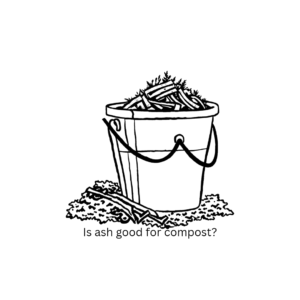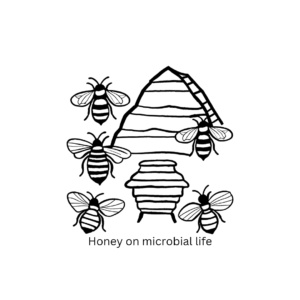Pizza boxes are often seen as waste due to their cheesy, greasy surfaces, making them hard to recycle. However, if you’re cultivating mushrooms or earthworms, these soiled pizza boxes can become a valuable resource for creating nutrient-rich compost. Both mushrooms and worms are underground decomposers, transforming organic material into fertile soil.
Why Mushrooms and Worms are Excellent Decomposers
Oyster mushrooms (Pleurotus species) are known for their ability to break down tough, lignin-rich materials like cardboard. If you soak your pizza boxes in water and tear them into smaller pieces, oyster mushrooms can easily colonize the surface, creating a thriving mycelium network. This mycelium works to decompose the cardboard, preparing it for mushroom fruiting.
The process of mycelium colonization is essential for decomposition. Once the pizza box is fully colonized, it becomes a nutrient-dense material that can support underground ecosystems, especially when buried in your garden.
Worms: The Perfect Partner for Mushroom Cultivation
Worms, especially earthworms, are excellent decomposers. They don’t need the cardboard to be pre-shredded like mushrooms do—they’ll break it down themselves, creating rich worm castings in the process. Worm castings are some of the most fertile soil amendments you can get, full of beneficial microbes and nutrients.
You can take it a step further by introducing spent mushroom blocks (the substrate left after mushroom harvesting) into your worm compost. Worms love mushroom substrates and will rapidly turn them into nutrient-rich castings.
How to Get the Most from Your Pizza Boxes
- Start with Mushrooms: Soak your pizza boxes in water and break them into smaller pieces. Oyster mushrooms are excellent at colonizing cardboard, so place the soaked boxes in a container with mushroom spawn. Wait for the mycelium to colonize fully.
- Harvest Mushrooms: Once your mushrooms have fruited, harvest them. The remaining cardboard, now fully colonized by mycelium, is still full of nutrients.
- Feed the Worms: Take the colonized cardboard and add it to your worm compost. The worms will break down the remaining material into rich castings that you can use to fertilize your garden.
Sustainable Food Recycling Cycle
By cultivating mushrooms and worms together, you’re creating a closed-loop system where food waste is recycled into rich compost. Not only do you reduce landfill waste, but you also enrich your soil for future gardening, creating a sustainable way to recycle pizza boxes and other organic waste.




